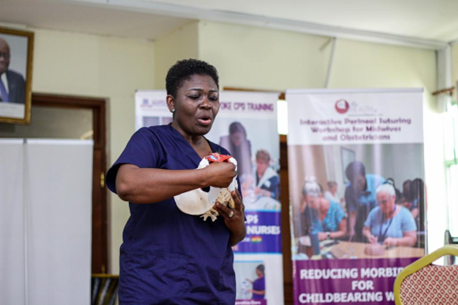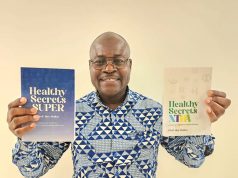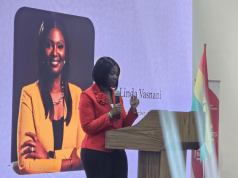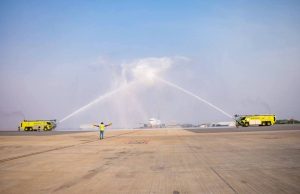…as G-DNA, Peri Health Ltd .organises workshop to train midwives
By Sa-ada SADIQUE and Adelaide ADUBOFFOUR
Perineal trauma during childbirth is triggering a silent health crisis among Ghanaian mothers, with poorly managed injuries leading to severe long-term issues. Common injuries like obstetric anal sphincter injury and obstetric fistula are robbing women of their quality of life; yet stigma, lack of awareness and healthcare providers’ reluctance to discuss exacerbate the problem, a Director of Midwifery at the Ghanaian Diaspora Nursing Alliance (G-DNA), Sa-ada Sadique, has cautioned.
To tackle this pressing issue, she advocated comprehensive strategies involving education, support networks and enhanced healthcare access, which she reckons are urgently needed to safeguard the well-being of Ghanaian mothers.
At a recent workshop organised by G-DNA in collaboration with Peri Health Limited UK and the Nursing and Midwifery Council Ghana, midwives gathered to enhance their skills in managing perineal trauma, a prevalent obstetric injury. This initiative aligns with the organisation’s commitment to empowering midwives and advocating for natural childbirth.
It was under the auspices of the Midwifery and Women’s Health Committee of G-DNA, under the leadership of Sa-ada Sadique, as well as with Peri Health Limited UK and the Nursing and Midwifery Council Ghana, to organise a perineal suturing workshop at the Nursing & Midwifery Council headquarters.
Perineal trauma experienced during labour presents a significant obstacle in the advocacy for natural childbirth among women. In alignment with the spirit of Women’s History Month, G-DNA is committed to empowering Ghanaian midwives with the requisite skills in perineal suturing. This initiative serves as a vital step toward fostering a culture of normal childbirth within the community.
The workshop instructor, Adelaide Aduboffour – who is a Ghanaian-born midwife, Director and Founder of Peri Health Ltd. UK – took participants through theoretical and practical aspects of perineal assessment and suturing.
Ms. Aduboffour is also a Senior Midwifery Lecturer and Perineal Specialist Midwife at Chelsea and Westminster, based at West Middlesex University Hospital, United Kingdom. She established a successful perineal clinic in 2014 to provide care and treatment for women struggling with perineal trauma complications following childbirth; and set up Peri Health London in 2015 to provide perineal suturing training for midwives, student midwives and obstetricians.

The intensive training, which consisted of both theory and practical sessions, aimed to minimise postpartum morbidity by improving the skills and confidence of practitioners in perineal assessment and suturing.
The workshop focused on revising anatomy and physiology of the pelvic floor muscles, providing confidence in repairing perineal trauma, developing knowledge and skills required to recognise, assess and repair perineal trauma independently; and discussing the physical and psychological implications of perineal trauma for women.
The stimulators used for the training – Pelvic Muscle model, Vagino-rectal/ Infiltration Model, Suture Pad, Dome Suture Pad and 3 D Perineal Model – were fleshy-like, and the delegates appreciated the training. Feedback from the delegates indicated that the workshop had improved their confidence and skills in perineal assessment and repair. It has also modified their practice in a major way.
This initiative exemplifies G-DNA’s efforts to mobilise Ghanaian nurses and midwives in the diaspora with unique skills and expertise to advance nursing and midwifery education and practice in Ghana.
With 23 Ghanaian midwives trained in perineal suturing techniques, G-DNA aims to foster collaboration and advance nursing and midwifery education across the globe. These midwives include clinicians, tutors and a student midwife of G-DNA; and these delegates came from different regions, including Northern, Eastern, Asante and Greater Accra.
Those passionate about joining this cause can find more information and membership details on www.g-dna.org.
















